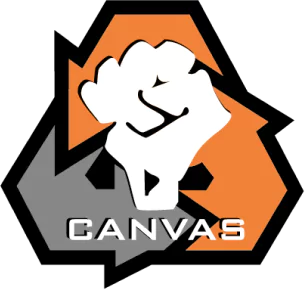Mar 1, 2009-2009
Pakistan
Lawyer’s Long March
Share
ACTIVISTS/ACT.GROUPS/DESCRIPTION OF THE GROUP
Lawyers of Pakistan
TARGET
The government of Pakistan; President Musharraf
WIDELY HELD BELIEF
The government should uphold democractic values.
CASE NARRATIVE
Issue and Opponent: In 2007, President Musharraf suspended the chief justice, Iftikhar Chaudhry, of the Supreme Court who had challenged Musharraf’s control of the judiciary. Chaudhry challenged the legality of Musharraf’s dual role as president and army chief. To sideline Chaudhry, Musharraf claimed that the chief justice had misused his office and dismissed him. However, Musharraf’s action was largely considered as an attempt to curtail the Supreme Court’s increasing independence by the public and yet another way of undermining democratic values.
Dilemma Action: On March 16, 2009, the Lawyers’ Community had given the call for a nationwide ‘Long March.’ Many political parties, like the Pakistan Muslim League (Nawaz Group) and Pakistan Tehreek-e-Insaf, Jamaat-e-Islami, gained the support of opposition leader Nawaz Sharif. The march went from Karachi to Islamabad, a total distance of 1500 kilometers, to demand the reinstatement of a Supreme Court Chief Justice and other judges ousted from office by former President Pervez Musharraf. The march began with some 50,000 participants but, by its end, the final estimated number was 500,000 in total. This four-day Long March included lawyers across political divides, coalitions of political parties, and pro-judiciary groups. Supporters of the ‘restoration of judges’ participated in the Long March despite a ban imposed on protests and rallies under Section 144 by the government. By its conclusion, it was marked as the largest rally ever in the city.
Outcomes: Though President Musharraf resigned, his replacement, President Zardari, had promised to reinstate the chief justice. Zardari did not keep with their promise to reinstate the Chief Justice within 30 days of his administration. Ultimately, he was met with multiple pressures to concede to the lawyer’s demands. In 2009, the government of Pakistan agreed to restore the deposed Supreme Court chief justice on March 21. This result led Nawaz Sharif to call off the long march protests.
PRIMARY STRUGGLE/GOAL
NONVIOLENT TACTICS USED
DA TACTICS USED
Marches
CASE NARRATIVE WRITER
SUCCESS METRICS
7 / 12
(CONC) Concessions were made
(MC) Media Coverage
(MSYMP) Media coverage was sympathetic to the activists
(PS) Dilemma action built sympathy with the public
(PUN) Punishment favored the activists
(RF) Dilemma action reduced fear and/or apathy among the activists
(SA) Dilemma action appealed to a broad segment of the public
PART OF A LARGER CAMPAIGN
2 / 3
Encouraged more participants to join the movement
Internally replicated by the same movement
RESOURCES
Project documentation
Dilemma Actions Coding Guidebook
Case study documentation
Dilemma_Actions_Analysis_Dataset
SOURCES
Phelps, Jordyn. 2009. Pakistan’s Lawyers Movement (2007-2009). ICNC. Retrieved July 22, 2023. (https://www.nonviolent-conflict.org/pakistans-lawyers-movement-2007-2009/).
France 24. 2009. “Sharif calls off ‘long march’ as govt agrees to reinstate judge,” Retrieved July 22, 2023. (https://www.france24.com/en/20090316-sharif-calls-off-long-march-govt-agrees-reinstate-judge-).
Related cases
Aug 1, 2013-2013
Netherlands
To protest the new partnership between Gazprom and Dutch Shell and the damage that it will cause to the environment, a group of protestors aligned with the Yes Men, Gr...
/
Oct 29, 2020-2020
Thailand
Issues and Opposition: The Thailand Monarchy has strict laws against criticism against the royal family. Protestors could be jailed for minor offenses for 10-15 years ...
/
Sep 1, 2021-2021
United Kingdom
The Bank of England was targeted by the Extinction Rebellion group because the bank remitted its decision to stop financing fossil fuel industries. Given that the Bank...
/
Subscribe to our newsletters to get full access to all materials on our website.

